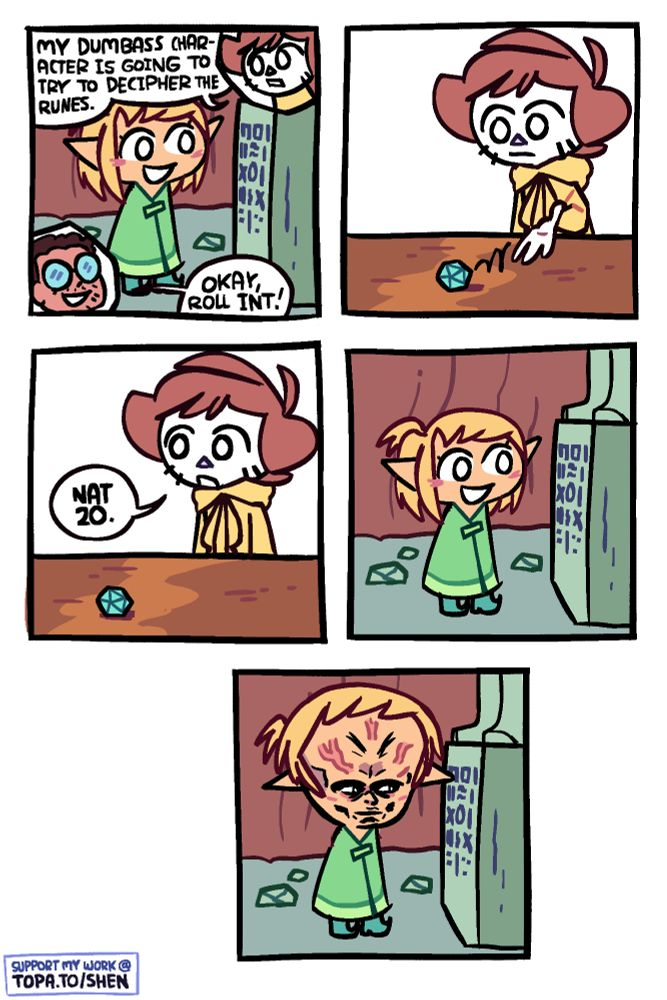One thing we often do is we gate the ability to roll on a check through whether or not the skill is trained - for example in our games with lockpicking, you can only attempt to pick a lock if you have proficiency.
This prevents the situation where the character with years of training and practice in a specific niche skill beefs it, but someone with no idea what they're doing then tries and succeeds - we say some things are only possible to try if you know how.
Don't apply this house rule to everything, but it's worth considering, especially in games where your party can casually drop a +10 or a +15 onto any skill check through the right magic to force a success anyway.
